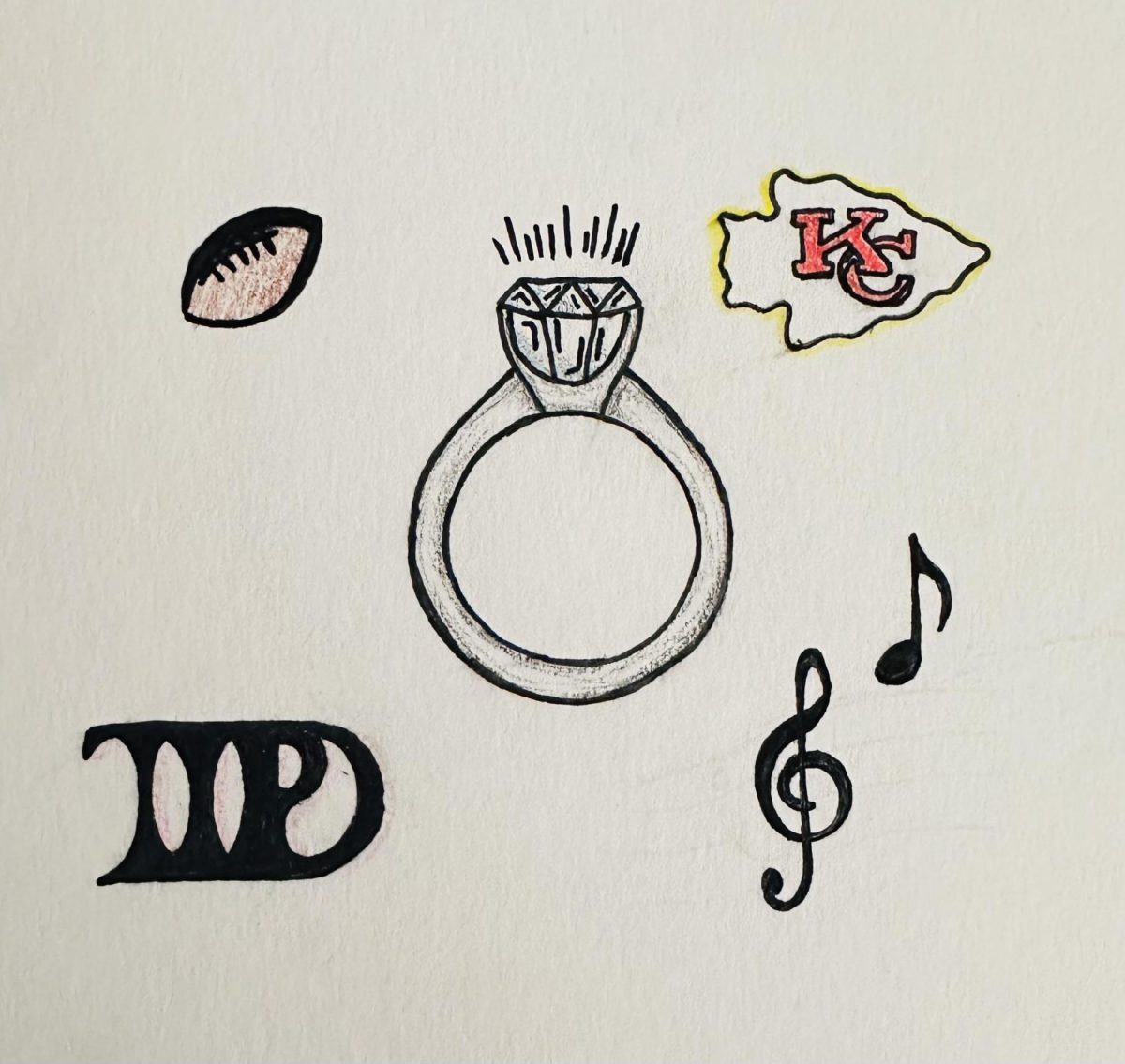Columbus should not be honored
Nov 9, 2022
This previously ran in our October 2022 Print Issue.
Every year as Oct. 10 approaches, a conversation brews within our society over the morality of naming a holiday after a controversial historical figure.
Christopher Columbus was an Italian explorer during the Renaissance who sailed across the Atlantic Ocean under the flag of the Spanish Navy in an attempt to find a shorter passage to India. Instead, he landed in the Caribbean, and was greeted by all the Natives who had already reached the land centuries before. What proceeded was perhaps the deadliest attack by a colonizing force in history. Over the next few decades, 90% of the Native Indigeonus population was wiped out, nearly fifty-five million people. This was due to a mix of disease and violence, namely widespread murder and slavery which were all brought to the Native lands by Columbus.
Fifty-five million people seems like an absurd amount; wiping out that much of a population in less than a century is near unheard of.
While this should be enough for Columbus to have a tarnished legacy, unfortunately that is not the case for European men in power throughout history. Columbus has been hailed as a hero and dubbed as one of the greatest explorers throughout history, a title he doesn’t deserve.
So what do you do? Do you get rid of the holiday in general? The most popular idea has been to rename Columbus Day to ‘Indigenous Peoples’ Day in honor of the millions that lost their lives under Spanish rule. That seems like the most practical and reasonable suggestion — after all they deserve to be remembered far more than Columbus does.
However, the idea of renaming the holiday, like the majority of progressive movements, has been met with vast amounts of criticism. Many excuses are made for Columbus’ actions, and a common retort to his atrocities is that we shouldn’t judge him based on our modern morals. That phrase gets thrown around for other people as well, usually with the Founding Fathers and other notable historical figures such as Robert E. Lee. Maybe they’re right; after all we didn’t live back then so how can we judge what they did? However, people who defend Columbus aren’t aware of one crucial factor: the people back then thought his actions were horrific.
Upon Columbus’ return to Spain, he informed King Ferdinand II of Aragon and Queen Isabella I of Castille of his gruesome actions in the quest for riches. The King and Queen (but especially Queen Isabella) were so disgusted by Columbus’ actions, and what would continue to happen as a result that he was sent back to his home nation of Italy in chains and shackles. Due to the vast amounts of wealth that could be derived from the land’s resources, however, the Spanish wouldn’t leave the West Indies and would continue to persecute the natives due to how much money they were making. But the point still stands that people back then didn’t approve of what he had done. So why should we today?
Christopher Columbus himself did not start the Atlantic slave trade with Africa. However, Columbus did begin a slave trade with the Natives and Spain. Indigenous people were shipped back to Spain and forced to act as slaves for the wealthy there. Those who remained in the Americas were forced to work, mining for any precious materials in the ground, but most notably gold. There was a lot of gold in Central America at the time, and any golden statues that were already made by the Natives were melted down and turned into coins and gold blocks for the Spaniards’ usage.
And of course all of this is in addition to the fact Columbus did not discover America, as children have been taught in school for decades. Obviously the Natives have been here for thousands of years. On top of that, Leif Erikson and his legion of Vikings landed in New Foundland in Canada nearly five centuries before.
So, Columbus was a mass murderer, he failed at his mission, and he didn’t discover anything he’s claimed to have, and yet we celebrate him every year with a national holiday. Rather, we should be remembering the lives lost under Spanish, and later English, rule in the Americas. He didn’t live to see his lasting impact, having died in the early 1500’s, but the effects were felt for centuries. The Indigenous population never bounced back.
The idea of celebrating such a horrific man and what he did to the Native population is ridiculous. Columbus’ lasting impact would be bad enough but it’s exceptionally bad when you add on a lasting legacy that does nothing but paint him in a positive light. Rather it should be a day of remembrance, a day of solace towards the 55 million people slaughtered by Columbus and later Spanish rule.
Rename the holiday. Forget the slaver.














A Reeves • Oct 9, 2023 at 9:06 am
Thank you!! I totally agree. I thought it had legally changed to Indigenous People’s Day and was surprised that there was school today.